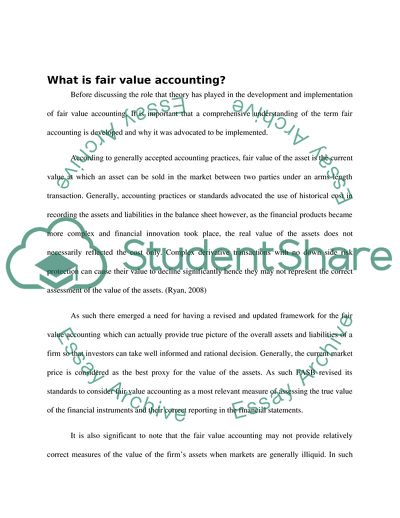Cite this document
(Contemporary Issues in Accounting and Finance in FASB Coursework - 2, n.d.)
Contemporary Issues in Accounting and Finance in FASB Coursework - 2. Retrieved from https://studentshare.org/finance-accounting/1738997-contemporary-issues-in-accounting-and-finance
Contemporary Issues in Accounting and Finance in FASB Coursework - 2. Retrieved from https://studentshare.org/finance-accounting/1738997-contemporary-issues-in-accounting-and-finance
(Contemporary Issues in Accounting and Finance in FASB Coursework - 2)
Contemporary Issues in Accounting and Finance in FASB Coursework - 2. https://studentshare.org/finance-accounting/1738997-contemporary-issues-in-accounting-and-finance.
Contemporary Issues in Accounting and Finance in FASB Coursework - 2. https://studentshare.org/finance-accounting/1738997-contemporary-issues-in-accounting-and-finance.
“Contemporary Issues in Accounting and Finance in FASB Coursework - 2”. https://studentshare.org/finance-accounting/1738997-contemporary-issues-in-accounting-and-finance.


